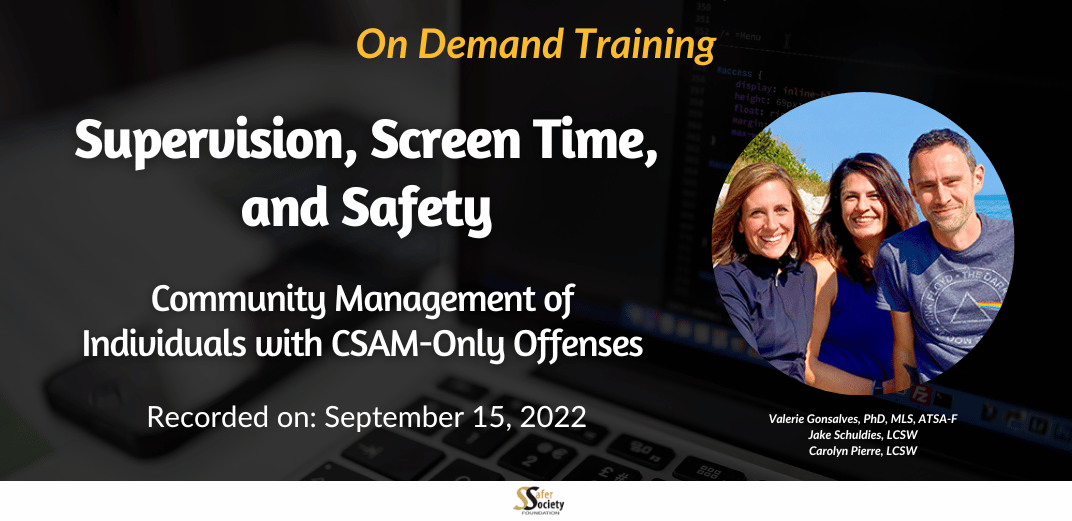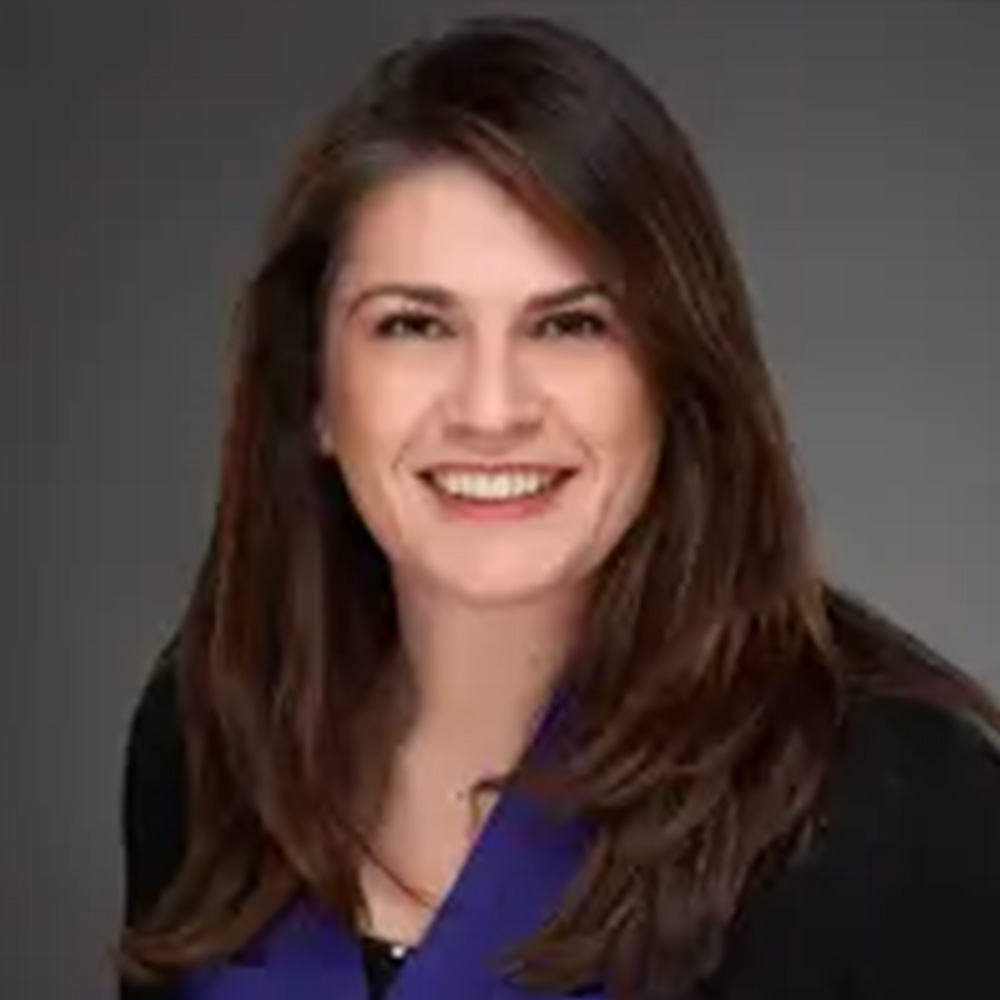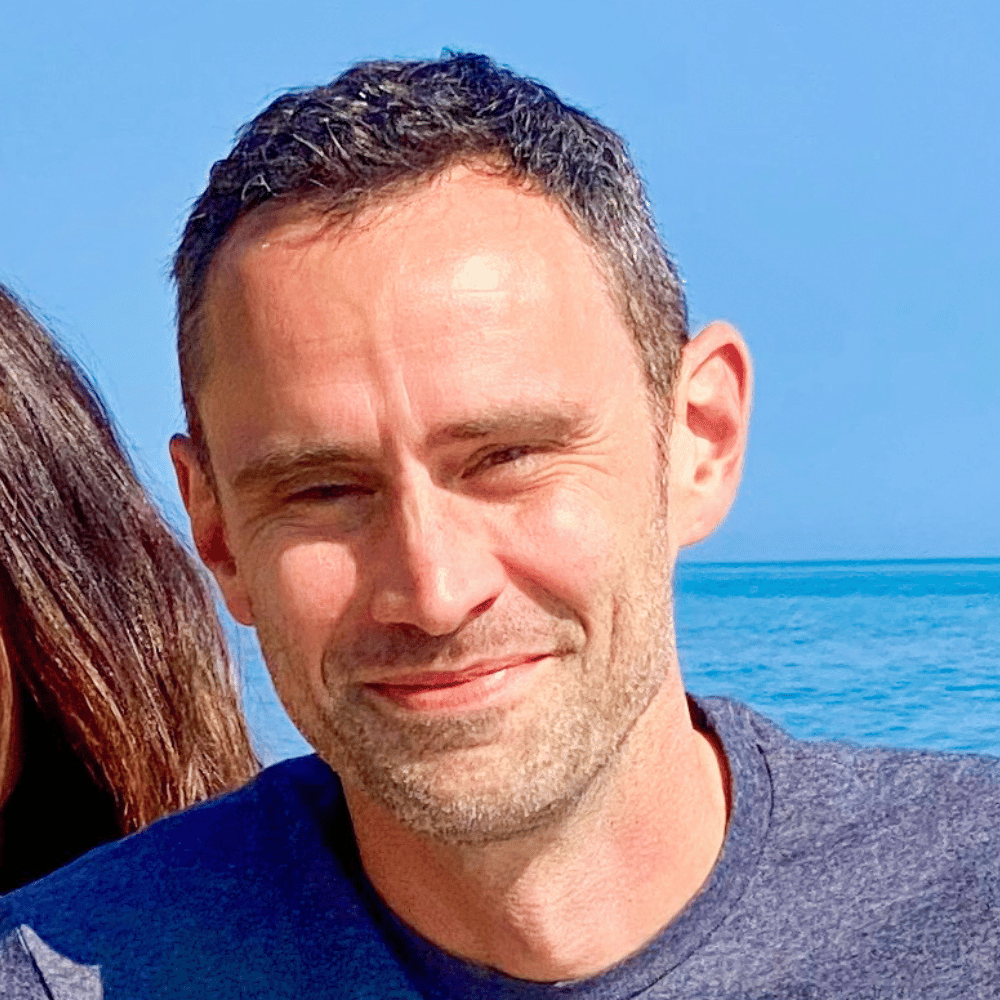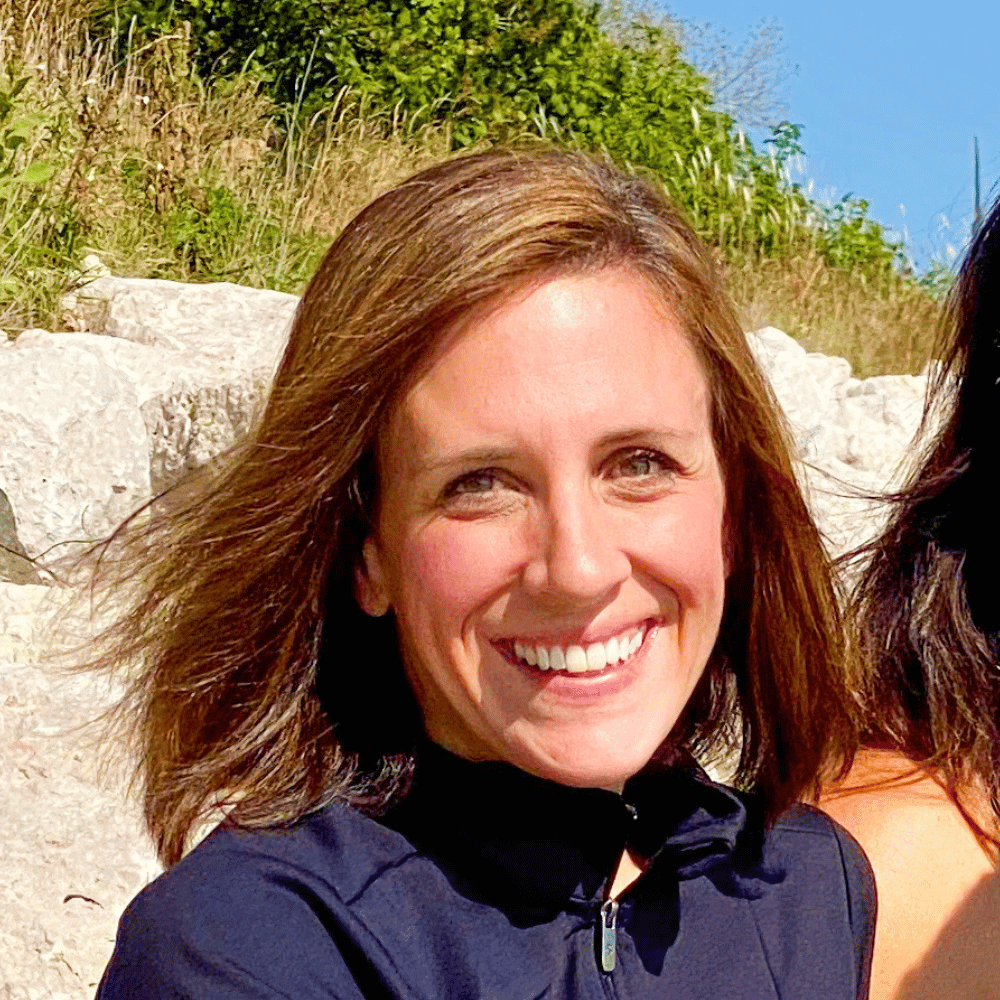
Supervision, Screen Time, and Safety: Community Management of Individuals with CSAM-Only Offenses
Already purchased an On Demand training?
Click here to access your Safer Society On-Demand Training Center account.
Individuals convicted of CSAM (child sexual abuse materials) offenses have unique offense-related needs that differ from other offenders who have engaged in sexually abusive behaviors. Supervision and treatment professionals (including probation and parole officers) who work with these individuals need specific training to address their cluster of needs. This training offers specific skill-based interventions based on current research that supervision professionals can utilize with their clients during office visits. This training further discusses current research which can help inform policy and procedure around supervision of these individuals.
Topics to be covered include:
- Current research regarding clients who commit CSAM offenses, including information regarding risk and needs
- Common questions and answers specific to supervision of clients who commit CSAM offenses
- Structure of supervision appointments with clients who commit CSAM offenses, including specific skill-based interventions to address deficits
1) Explain how clients who commit CSAM offenses differ in terms of risk from clients who commit contact sexual offenses.
2) Discuss the unique needs of clients who commit CSAM offenses.
3) Implement appropriate supervision strategies for clients who commit CSAM offenses.
4) Implement skills-based interventions to use with clients who commit CSAM offenses.
5) Describe how skills from Motivational Interviewing can inform supervision and practice with individuals who have sexually abused.
Audience
This training is for professionals working with people who have who have perpetrated abuse. Professionals who will benefit from this training include social workers, psychologists, clinical counselors, interested paraprofessionals, and particularly, probation and parole officers.
Content Level
Who's Presenting

Valerie Gonsalves, PhD, MLS, ATSA-F
Valerie Gonsalves, PhD, MLS, ATSA-F – Dr. Gonsalves is a licensed psychologist who has spent over a decade working in the field of forensic psychology and specializing with individuals with significant personality disruptions and those who have engaged in sexually abusive behaviors. Dr. Gonsalves has worked with supervision professionals for five years and during that time has worked to translate scientific research into specific and actionable items that can be used in the fast-paced environment of probation and parole. Dr. Gonsalves is an ATSA fellow, has published in peer-reviewed journals, and routinely presents at both state and national conferences.

Jake Schuldies, LCSW
Jake Schuldies, LCSW earned his Bachelor of Science in Computer Science and Master of Social Work from the University of Wisconsin – Madison. He has over 10 years of experience providing psychotherapy in community and institutional settings. Mr. Schuldies has supervised an evidenced-based inpatient treatment program for individuals who have engaged in harmful sexual behavior and led the development of adapted programming for individuals with developmental disabilities. In his current practice, he provides treatment services to adults and youth who have accessed Child Sexual Exploitation Material in collaboration with attorneys and supervision agents. Additionally, he instructs for the Sandra Rosenbaum School of Social Work at the University of Wisconsin – Madison, teaching a graduate-level mental health policy course. Mr. Schuldies believes strongly in Social Work values and ethics and has devoted his career to implementing best practices in psychotherapy and criminal justice.

Carolyn Pierre, LCSW
Carolyn Pierre is a Licensed Clinical Social Worker with 14 years of experience working with individuals who have committed sexual offenses. She graduated from the University of Wisconsin-Madison Master of Social Work program with an emphasis on mental health, substance abuse, and forensic social work. She has provided psychotherapy to individuals under supervision in the community, as well as to those incarcerated and civilly committed in Minnesota and Wisconsin. Ms. Pierre supervised the Treatment Track at Sand Ridge Secure Treatment Center serving individuals with cognitive disabilities, major mental illness, and elevated psychopathy. She is a member of the Association for the Treatment of Sexual Abusers (ATSA) and Secretary with the Board of Directors for the Wisconsin Chapter of ATSA. In partnership with her close colleagues, Ms. Pierre operates a business offering program consultation, curriculum development, risk assessment, and sentencing mitigation services.
